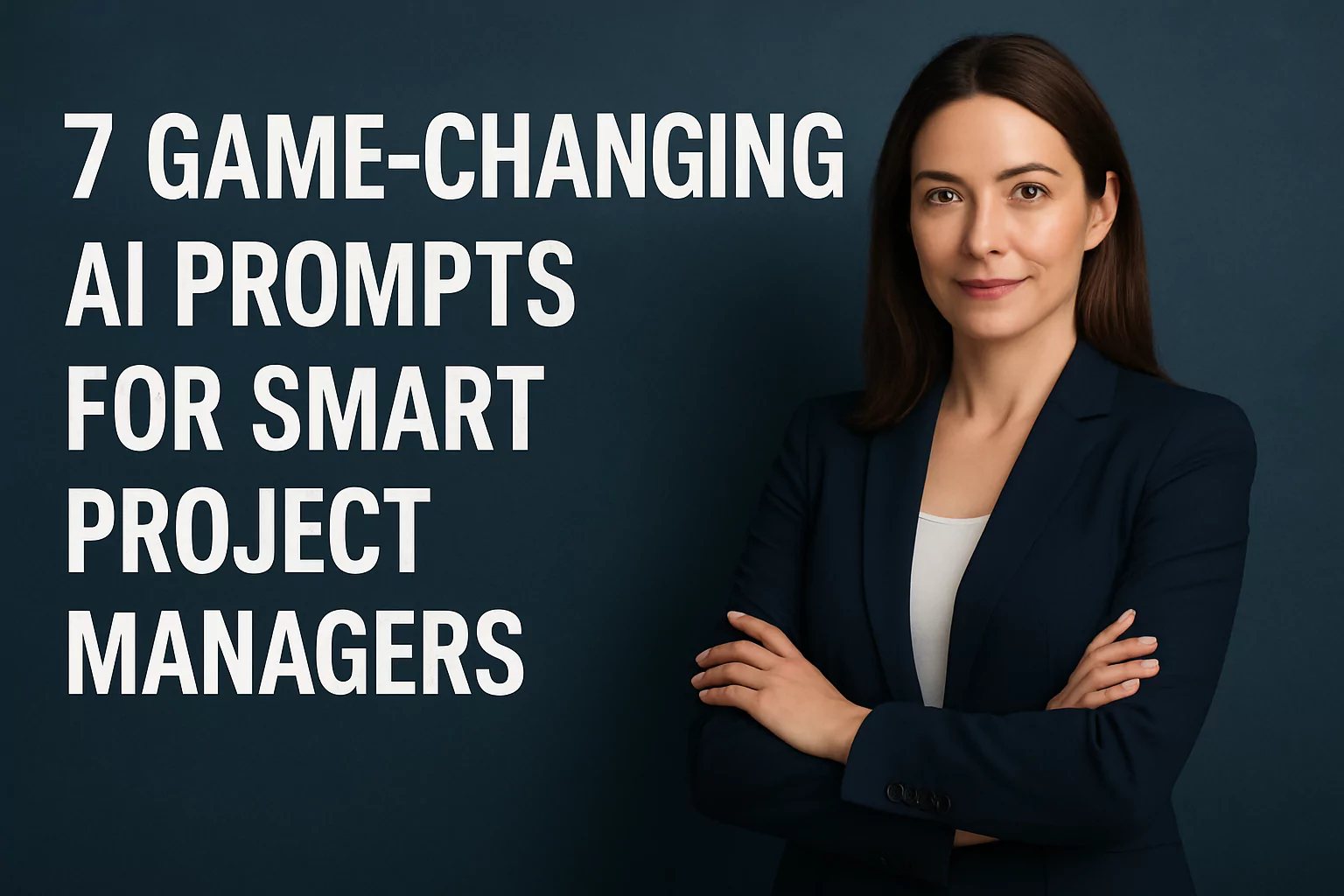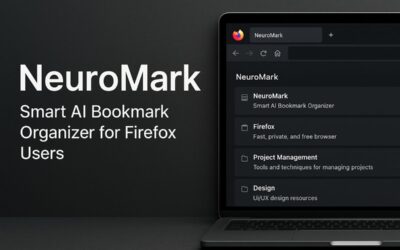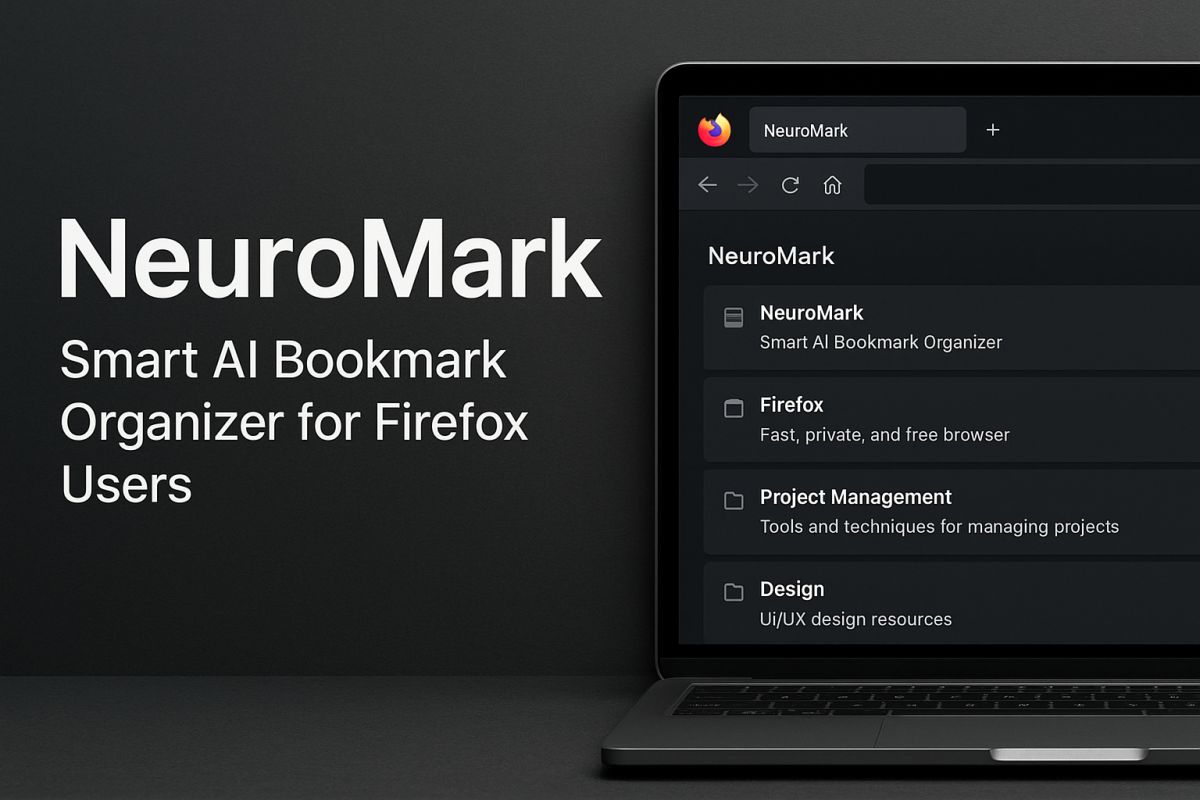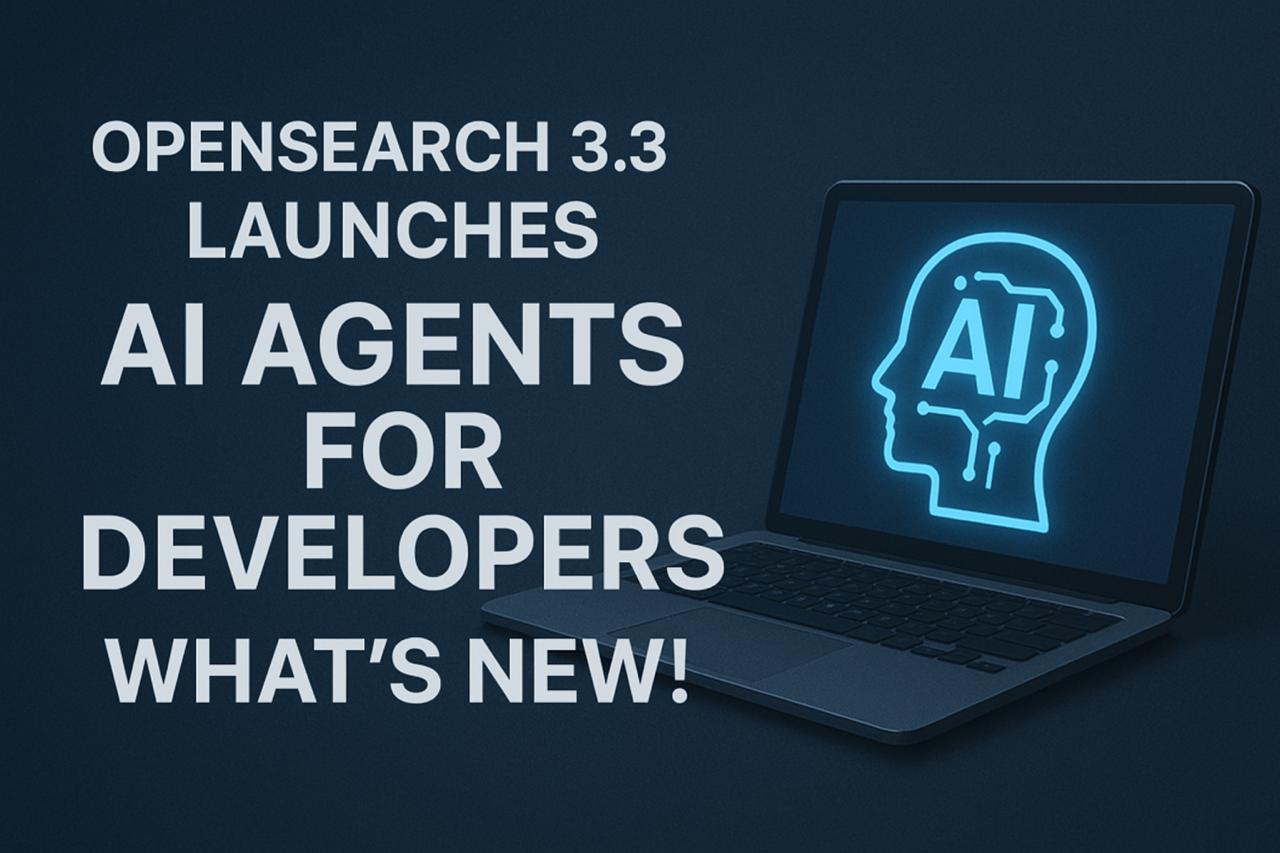7 AI Prompts Every Project Manager Must Master Today

In today’s fast-paced and competitive work environment, project managers must adopt cutting-edge tools to enhance productivity, streamline operations, and optimize decision-making. Artificial Intelligence (AI) is one such tool that has the potential to revolutionize how project management tasks are carried out. With AI, project managers can automate repetitive tasks, improve forecasting, streamline communication, and increase efficiency. In this article, we’ll explore seven AI prompts that every project manager must master to stay ahead in the game.
1. AI for Task Prioritization: “What are the most critical tasks for the project based on deadlines, dependencies, and resources?”
Effective task prioritization is a core responsibility of any project manager. With AI-powered tools, project managers can automatically generate task priority lists based on predefined criteria like deadlines, task dependencies, and available resources. AI can analyze past project data to identify patterns and suggest the most efficient order of operations.
How It Helps:
- Eliminates guesswork: AI can provide a data-driven approach to prioritizing tasks.
- Enhances decision-making: AI ensures that the most urgent tasks are tackled first.
- Reduces human error: By automating prioritization, the risk of overlooking critical tasks is minimized.
Mastering this prompt means integrating AI systems that can process large volumes of project data to assist in making real-time, informed decisions about which tasks to focus on first.
2. AI for Risk Management: “What are the potential risks and how can they be mitigated?”
Every project comes with its own set of risks, whether they’re financial, operational, or personnel-related. AI helps project managers predict potential risks based on historical data and trends from similar projects. By using AI, project managers can proactively identify risks early on and suggest strategies to mitigate them.
How It Helps:
- Anticipates problems: AI tools analyze project variables and predict risks, giving managers a chance to act before they escalate.
- Informs mitigation strategies: With AI’s ability to analyze past data, it can propose strategies that have worked in similar scenarios.
- Improves preparedness: Knowing potential risks in advance helps project managers create comprehensive contingency plans.
AI for risk management is a game-changer because it shifts the responsibility from reacting to problems to anticipating and preventing them.
3. AI for Resource Allocation: “How should resources be allocated based on the current project workload?”
Allocating resources effectively is key to any project’s success. AI-based systems can analyze project data, workloads, team strengths, and resource availability to suggest the most efficient way to allocate resources, including human resources, time, and finances.
How It Helps:
- Optimizes resource use: AI helps project managers assign resources in a way that maximizes their effectiveness.
- Ensures balanced workload: AI prevents resource overloading by balancing the workload across the team.
- Reduces downtime: AI tracks task progress and resource availability, minimizing idle time and delays.
Project managers who master AI in resource allocation ensure that their teams have what they need at the right time, avoiding bottlenecks or wastage of valuable resources.
4. AI for Timeline Estimation: “What is the realistic project timeline considering all tasks, dependencies, and potential delays?”
Estimating a realistic project timeline is one of the most challenging tasks for project managers. AI can improve the accuracy of timeline predictions by analyzing historical project data, task durations, and current project specifics. This allows AI to calculate optimal project completion times while accounting for any potential delays.
How It Helps:
- Accurate estimations: AI can account for delays, resource limitations, and other variables, creating a more realistic timeline.
- Predicts potential setbacks: By understanding past patterns, AI can predict where projects are likely to encounter delays.
- Improves planning: AI-generated timelines allow project managers to plan better and adjust resources accordingly.
AI timeline estimation can lead to more predictable project delivery, reducing the likelihood of missed deadlines and creating transparency for stakeholders.
5. AI for Stakeholder Communication: “How can we automate regular project updates to stakeholders?”
Keeping stakeholders informed is a crucial aspect of project management, but it can also be time-consuming. AI can automate the process of providing regular updates by generating status reports, sending reminders, and even responding to routine queries.
How It Helps:
- Time-saving: AI automates repetitive communication tasks, saving project managers valuable time.
- Consistency in updates: AI ensures that stakeholders receive updates at regular intervals, without delay.
- Personalized communication: AI can tailor reports and updates based on the needs of different stakeholders.
By mastering this AI prompt, project managers can streamline stakeholder communication, ensuring that everyone remains informed and engaged without added stress.
6. AI for Budget Management: “How can we track and optimize the project budget in real time?”
Managing a project’s budget is one of the most critical responsibilities of a project manager. AI can track expenditures, predict future costs, and even suggest adjustments to stay within budget. AI-driven budget management tools can analyze spending patterns and project performance to ensure financial resources are allocated effectively.
How It Helps:
- Real-time monitoring: AI can provide up-to-date financial insights, helping project managers track budgets effectively.
- Forecasts future costs: AI can predict potential budget overruns based on project progress and historical data.
- Optimizes spending: AI identifies areas where spending can be reduced or reallocated to ensure the project stays on track financially.
By mastering AI in budget management, project managers can prevent costly oversights and ensure their projects are delivered within budget constraints.
7. AI for Performance Tracking: “How can we measure and improve team performance in real time?”
Project success heavily depends on the performance of the team. AI can assist project managers by tracking team productivity, identifying bottlenecks, and offering suggestions for performance improvements. By continuously monitoring team progress and output, AI allows project managers to optimize workflows and enhance team dynamics.
How It Helps:
- Improves productivity: AI identifies areas where teams may be underperforming and provides solutions to address these gaps.
- Provides real-time data: AI gives project managers up-to-the-minute information on team progress, helping them make quick adjustments.
- Tailors performance strategies: AI helps project managers create personalized improvement plans for each team member.
With AI-backed performance tracking, project managers can ensure teams remain focused, motivated, and productive throughout the life of the project.
Conclusion
The role of AI in project management is growing rapidly, and its benefits are undeniable. Mastering AI prompts for task prioritization, risk management, resource allocation, timeline estimation, stakeholder communication, budget management, and performance tracking will help project managers become more efficient, effective, and proactive. By embracing AI, project managers can focus on strategic decision-making, while AI handles the operational complexities. These AI-driven approaches not only increase project success rates but also foster a more streamlined and collaborative work environment.









